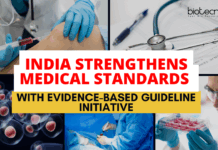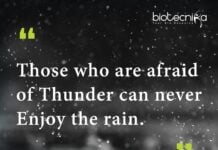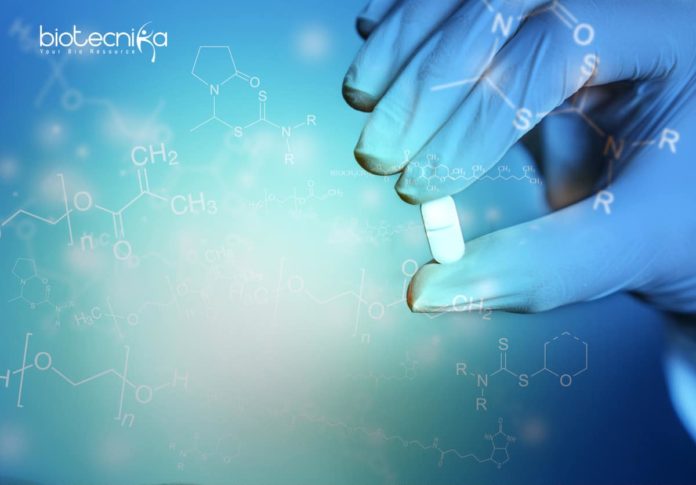IICT’s National Mol Bank
Inside the IICT campus, the facility- IICT’s National Mol Bank- has a sterile atmosphere with a consistently maintained temperature and round the clock power back-up for molecules stored in vials or tubes in solid or liquid forms. These are thrice bar-coded and labeled for advanced safety in tall shelves.
Each compound is in its purest form and has been tested in some experiment or other, so the essential reactions data is maintained.
CSIR-Indian Institute of Chemical Technology (IICT) here signed a pact with Sun Pharma to ‘out-license’ a patent for a new chemical entity with a potential for developing life-saving drugs for multiple elements last month.
S. Chandrasekhar, IICT’s Director, explained that when a firm approach us seeking a specific molecule to deal with a particular ailment or a target, we suggest compounds based on how much its enzyme responds in suppressing the bacteria. He added that These molecules are tested in cells and later in rodents and are entirely safe before human trials begin.
What is unique about IICT’s National Mol Bank is that it was set up with the help of an MNC- Glaxo SmithKline. The firm helped IICT develop the framework as Glaxo SmithKline
have huge Mol banks. IICT’s scientists were allowed to visit one such unit to plan for NMB here in their institute. The Department of Science & Technology provided funding of ₹15 crore.Prathama S. Mainkar, senior principal scientist and NMB in-charge says that the team of scientists is adding up to 8,000 molecules every year. He said that this is the biggest facility is the Public Sector.
IICT’s Mol Bank can store up to 1.6 million molecules in solid and liquid forms with storage and retrieval being automated. Dr. Mainkar says that the IICt considers this facility as the diamond mine. Sample purity at the IICT is checked once a year, and there are more than 8,000 molecules isolated from natural resources.
Dr. Chandrasekhar says the institute is ready to out-license three molecules immediately to the industry for product development, manufacture and regulatory filing. This can be done for the construction of affordable life-saving drugs so that India can become an active player in drug discovery.






























